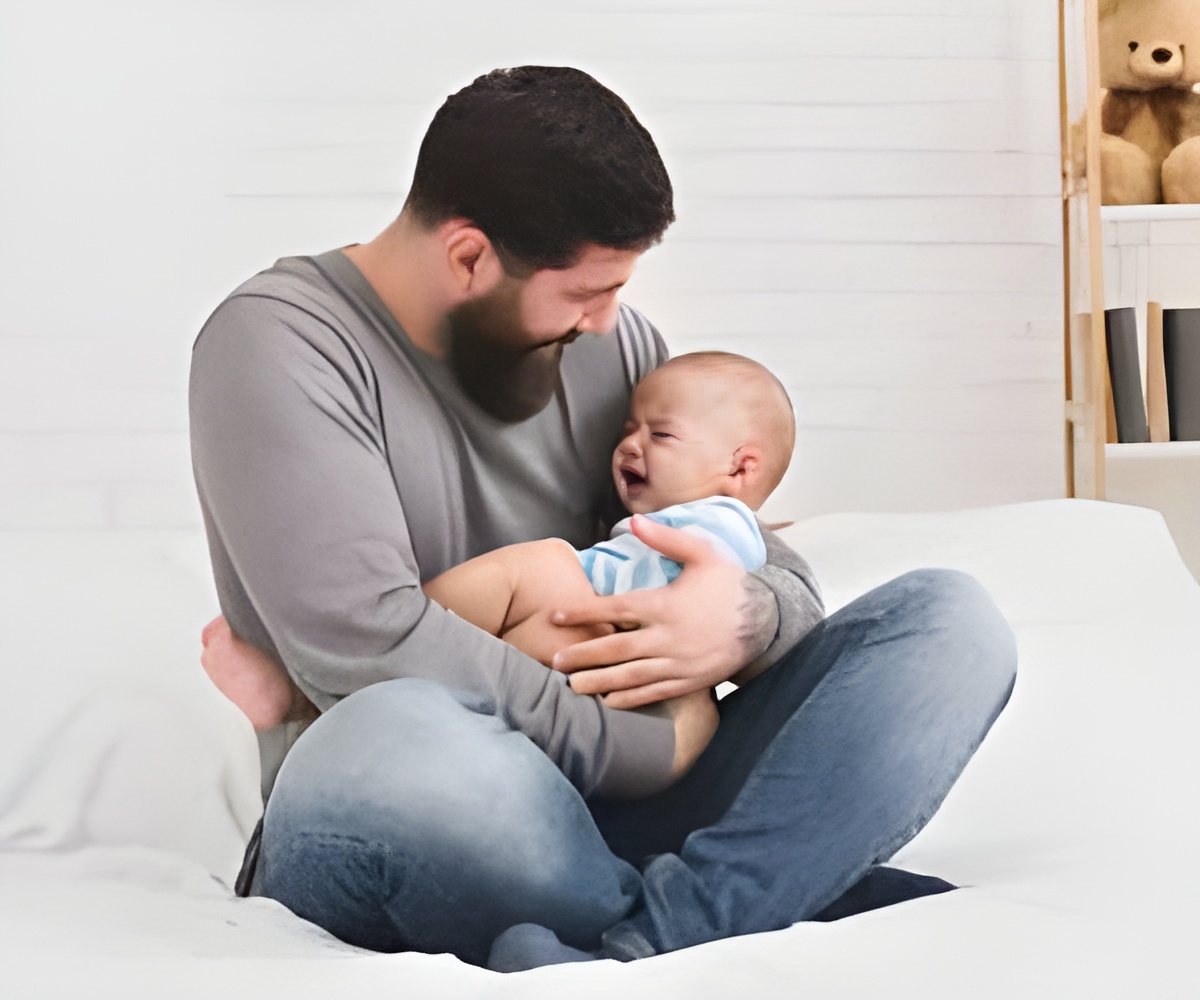Dads are more likely to feel depressed when their kids are toddlers if their co-parenting relationships are poor in the months after birth.

‘Poor co-parenting relationships in the postpartum period increase the likelihood of depression in fathers when their children are toddlers.
’





The Link to Poor Coparenting
Around 9-10 percent of dads experience postpartum depression, which is high compared with the overall population. Children who grow up with depressed dads are also at a higher risk of mental, emotional, and behavioral problems in their youth, according to prior research.By identifying modifiable factors that reduce the risk of depression in dads, researchers hope to develop interventions that can prevent mental illness in both parents and children.
In the current study, 429 fathers of infants up to two years old in Sweden were recruited on Facebook. The participants were asked to complete questionnaires where they ranked symptoms of depression and the nature of their co-parenting relationships.
Data were collected at three-time points when the children were on average 8, 13, and 26 months old. About 20 percent of dads reported symptoms of depression at some point during the study.
Postpartum Coparenting Struggles Impact Mental Health
According to the findings, two-thirds of fathers with exceptionally poor co-parenting relationships during the first year after birth are likely to have symptoms of depression when their children become toddlers.Advertisement
“We found bidirectional associations between depression and poor coparenting, meaning these two factors seem to influence each other in both directions. However, the strongest predictor for the development of depression was a poor coparenting relationship in the early stages of childhood, as compared to the other way around,” Michael Wells says.
Advertisement
The study has some limitations. For example, the participants had higher incomes and more symptoms of at least mild depression than the average Swedish population.
The researchers note that the study only looked at the experience of those who self-identified as fathers and therefore it is unclear if the results would generalize to other parents.
Source-Eurekalert














